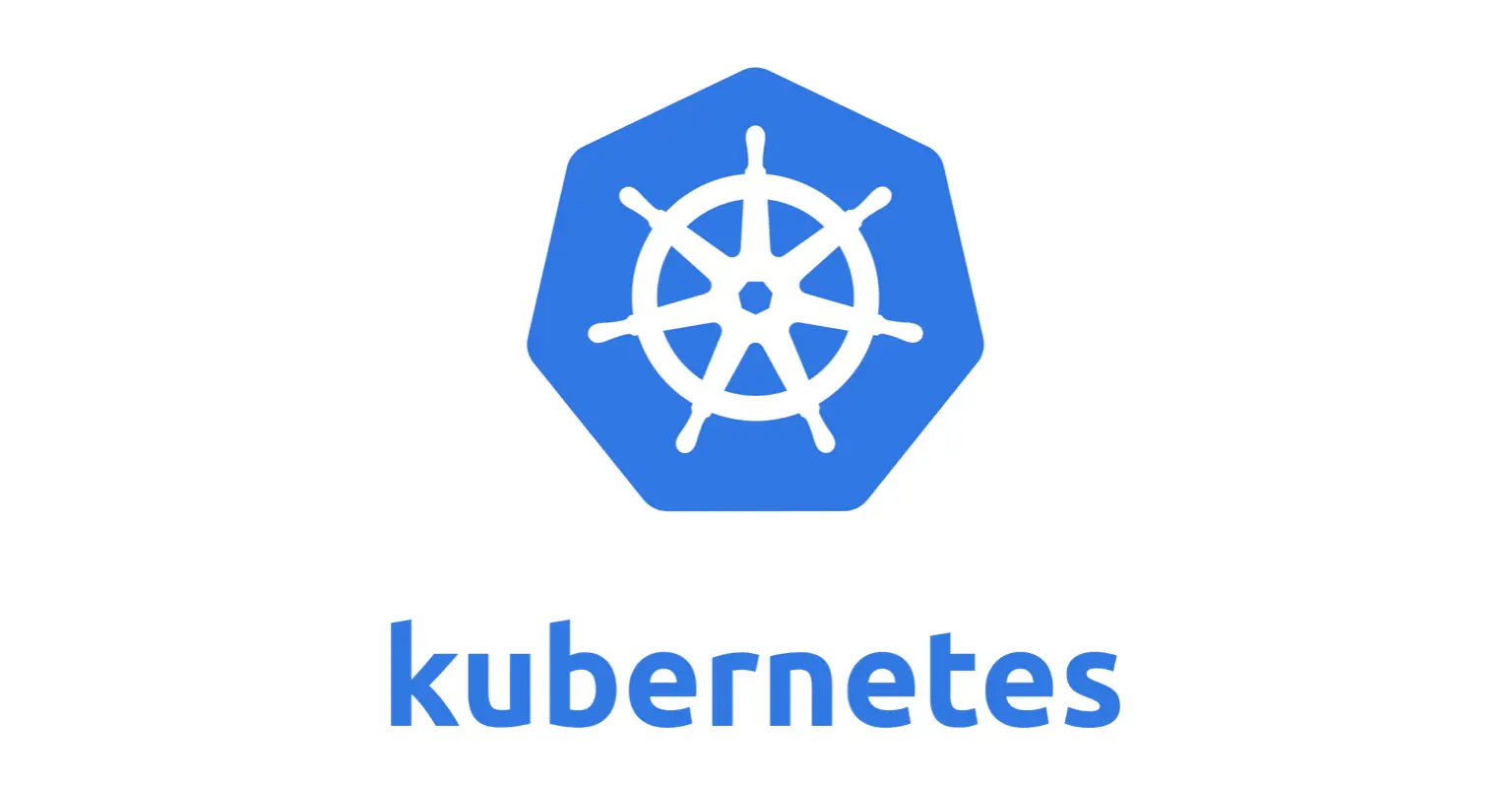
What is Kubernetes?
Kubernetes is an open-source container orchestration system that automates the deployment, scaling, and management of containerized applications. This article will cover the basics of Kubernetes and its growing popularity in the industry. It will also highlight the features and benefits of using Kubernetes for managing containerized applications, including its support for major cloud providers.
Kubernetes is an open-source container orchestration system for automating the deployment, scaling, and management of containerized applications. It was originally developed by Google and is now maintained by the Cloud Native Computing Foundation (CNCF).
Kubernetes provides a platform-agnostic way to manage and deploy containerized applications, allowing developers to focus on writing code rather than worrying about infrastructure management. It provides a set of APIs and tools for automating the deployment, scaling, and monitoring of containerized applications across a cluster of machines.
A Kubernetes cluster consists of a set of worker machines, called nodes, that run the containerized applications, and a set of control plane components that manage the state of the cluster. The control plane components include the API server, etcd, and the controller manager and scheduler.
The API server is the primary component of the control plane, and it exposes a RESTful API for interacting with the cluster. This API can be used by other components of the control plane, as well as by external tools and clients, to query the state of the cluster and make changes to it.
Etcd is a distributed key-value store that stores the configuration data for the cluster. It is used by the API server to store the current state of the cluster, including the desired state of the applications and the current state of the nodes.
The controller manager and scheduler are two other control plane components that work together to ensure that the desired state of the applications is maintained. The controller manager watches the current state of the cluster and makes changes to bring it in line with the desired state, while the scheduler is responsible for determining which nodes should run which pods (a pod is the smallest and simplest unit in the Kubernetes object model, that can contain one or more containers, and shared storage/network resources) based on the available resources and the desired state.
In addition to the control plane components, Kubernetes also includes a number of other tools and features that make it a powerful platform for managing containerized applications. These include:
- Namespaces: a way to partition resources in a cluster and provide multi-tenancy.
- Volumes: a way to provide persistent storage to containers.
- Services: a way to expose applications running in the cluster to external clients.
- Replication Controllers: a way to ensure that a specified number of replicas of a pod are running at all times.
- ConfigMaps and Secrets: a way to manage configuration data and secrets separately from the application code.
Kubernetes is quickly becoming the de facto standard for container orchestration, and it is supported by all major cloud providers, including Google Cloud Platform, Amazon Web Services, and Microsoft Azure. It is also widely adopted by organizations of all sizes, from startups to large enterprises, for managing their containerized applications in production.
In summary, Kubernetes is an open-source platform-agnostic system for automating the deployment, scaling, and management of containerized applications. It provides a set of APIs and tools for automating the deployment, scaling, and monitoring of containerized applications across a cluster of machines. Kubernetes provides powerful features such as replica controller, services, and configmaps that helps to manage containerized applications in a more efficient way.

